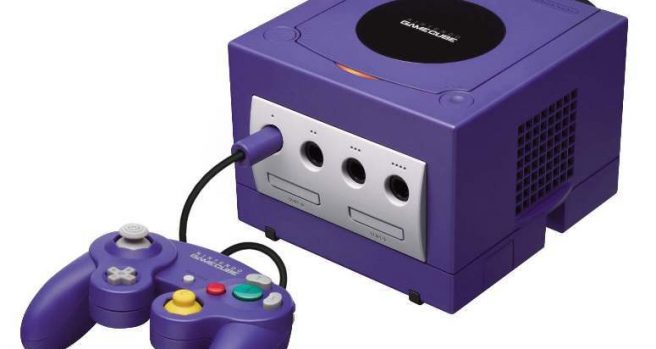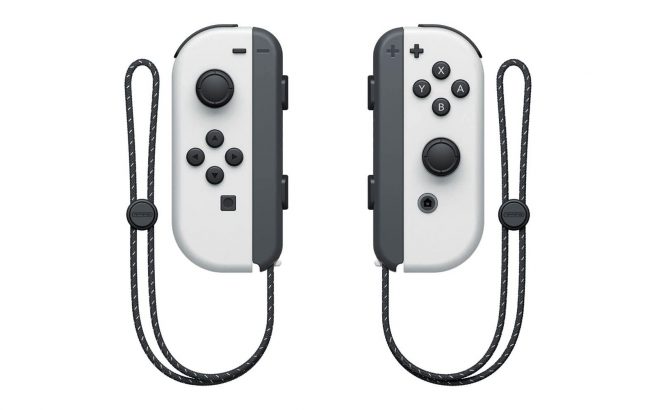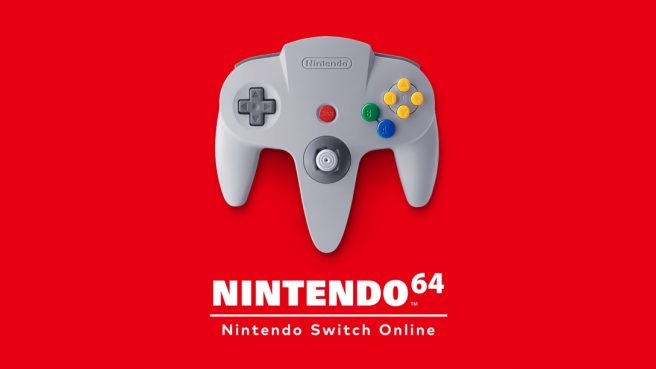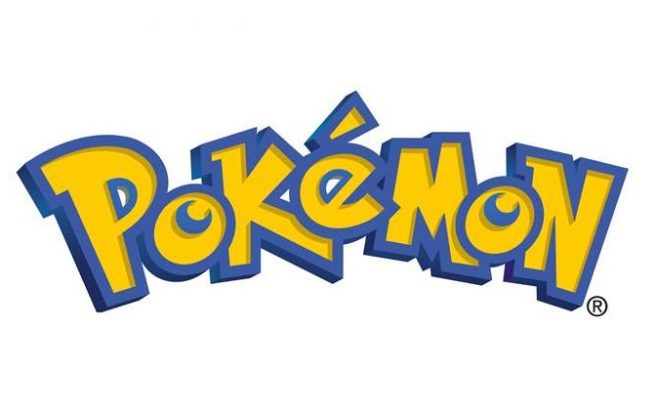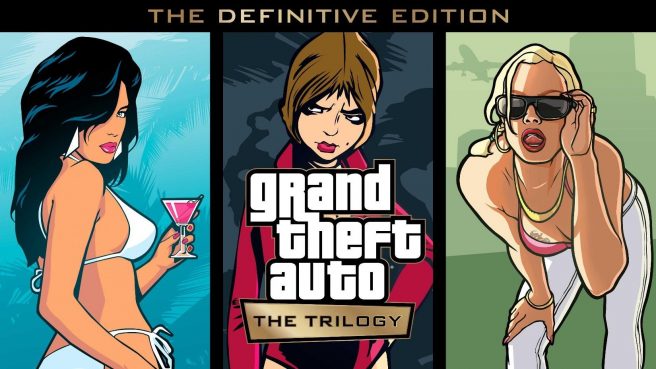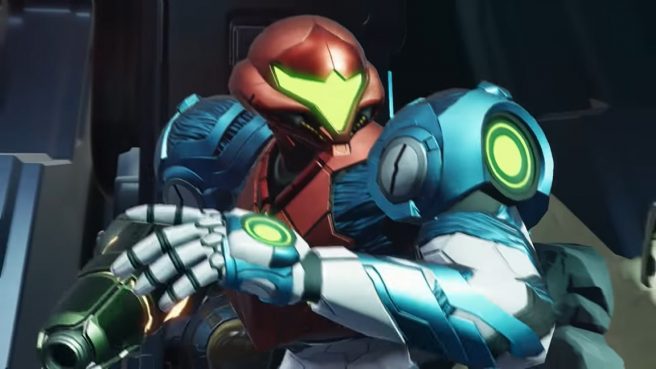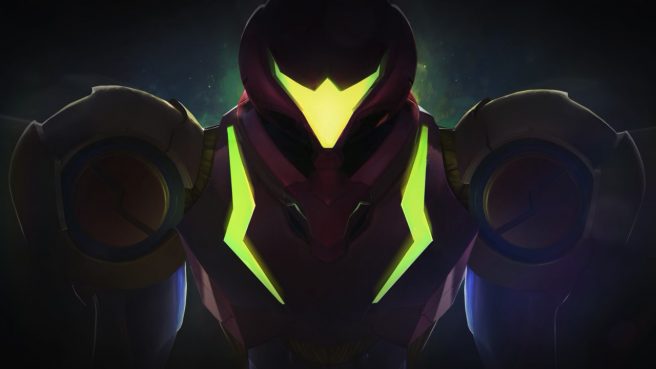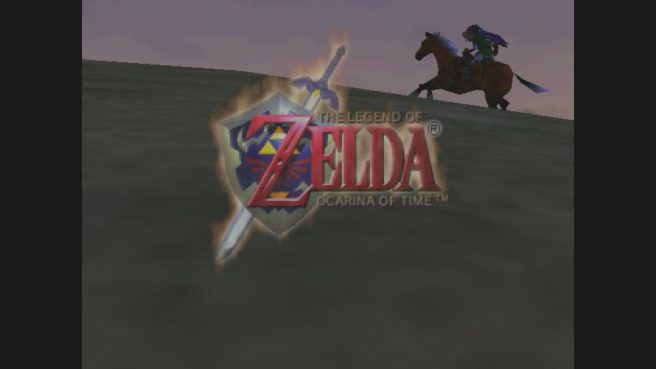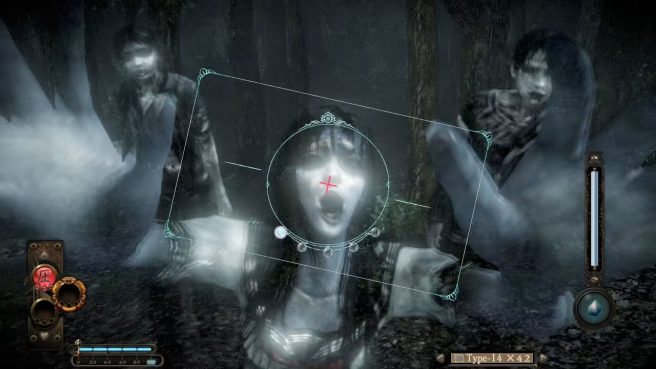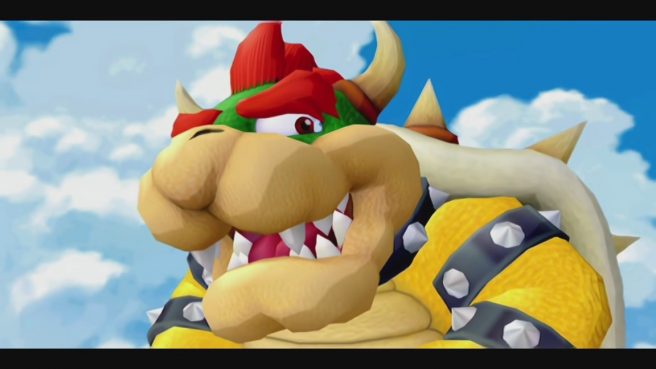Nintendo of America initially had concerns about releasing the GameCube in purple
Posted on 3 years ago by Brian(@NE_Brian) in GameCube, News | 0 comments
If Nintendo of America initially had its way, the GameCube may not have been originally released with the now well-known purple color.
As part of an interview with VGC in celebration of console’s 20th anniversary, former VP of marketing and corporate affairs Perrin Kaplan mentioned that the team on its side went to Japan’s headquarters and “suggested that the purple was not the best to start with”. She added that it “just didn’t feel masculine”. Ultimately, as we know, Nintendo ended up sticking with purple for the GameCube.
Kaplan said:
More: interview, Perrin Kaplan, top
Nintendo again comments on Switch Joy-Con drift
Posted on 3 years ago by Brian(@NE_Brian) in News, Switch | 0 comments
Joy-Con drift has been an ongoing topic for Nintendo for a number of years now. Some controllers break down over time, causing the joysticks to register input even if you’re not physically moving them at all. These problems have resulted in a lot of frustration and even lawsuits.
Nintendo of America president Doug Bowser again spoke about Joy-Con drift as part of an interview published by The Verge this week. Speaking with the site, he said:
More: Doug Bowser, interview, top
Nintendo on Switch Online N64 emulation issues and complaints
Posted on 3 years ago by Brian(@NE_Brian) in News, Switch | 0 comments
The Nintendo Switch Online + Expansion Pack service launched a few weeks ago, but not without some issues – primarily when it comes to N64 games.
Those that subscribe to the new Expansion Pack tier can access SEGA Genesis and N64 titles. SEGA Genesis seems to be mostly fine, but it’s with Nintendo’s classic console that some players haven’t been happy with the quality of emulation. Input lag, latency, and the lack of controller remapping are among the complaints users have brought up.
More: Doug Bowser, interview, Nintendo Switch Online, top
The Pokemon Company trying to find balance between fan feedback and creator vision
Posted on 3 years ago by Brian(@NE_Brian) in General Nintendo, News | 0 comments
The Pokemon Company director of consumer marketing JC Smith has spoken about fan feedback and the balance that’s involved with making new games. This comes as part of a new interview conducted by Axios.
Although fans are clear about what they want, Smith indicated that the developers have their own vision, and it’s about “finding that delicate balance throughout.”
Smith said the following about feedback regarding Pokemon:
GTA: The Trilogy – The Definitive Edition removed a few cheats due to tech reasons
Posted on 3 years ago by Brian(@NE_Brian) in News, Switch | 0 comments
Grand Theft Auto: The Trilogy – The Definitive Edition has cheats, but it’s been confirmed that a few have been removed. According to producer Rich Rosado, some were taken out due to “technical reasons”. All of the remasters – Grand Theft Auto III, Grand Theft Auto: Vice City, and Grand Theft Auto: San Andreas – now run in Unreal Engine. Unfortunately, there were some compatibility issues with cheats that were removed.
In an interview with USA Today, Rosado stated the following about the removal of certain cheats in Grand Theft Auto: The Trilogy – The Definitive Edition:
Sakamoto: “As long as the character Samus exists, I think her adventure will continue”
Posted on 3 years ago by Brian(@NE_Brian) in General Nintendo, News | 0 comments
Metroid director and producer Yoshio Sakamoto has again addressed the series’ future.
Sakamoto just finished up his work on Metroid Dread, which came to Switch last month. With many fans having completed the experience, some can’t help but wonder what lies in store for the character going forward.
More: interview, Metroid, top, Yoshio Sakamoto
Metroid director and producer hopes a movie will happen someday
Posted on 3 years ago by Brian(@NE_Brian) in General Nintendo, News | 0 comments
Nintendo is starting to dabble with the movie space in the form of the Super Mario animated film, but could we see other franchises – like Metroid – get the same treatment?
Yoshio Sakamoto started out on the original Metroid as a designer. Since then, he’s worked on almost all of the 2D games as either a director and producer.
CNET recently asked Sakamoto about a potential Metroid movie. That prompted the following response:
More: interview, Metroid, movie, top, Yoshio Sakamoto
Zelda: Ocarina of Time clip provides first look at portals prototype
Posted on 3 years ago by Brian(@NE_Brian) in 3DS, General Nintendo, Videos | 0 comments
Former Nintendo developer Giles Goddard has provided a first look at a prototype for The Legend of Zelda: Ocarina of Time that originally featured portals.
Earlier this year, we heard from Goddard that there was some experimentation very early on with an idea involving Hyrule Castle. Similar to Super Mario 64, players would access different parts of the map through these portals. The mechanic was ultimately scrapped and Nintendo ended up going with a more open design in the end as players visit areas by traveling through Hyrule Field.
Fatal Frame dev reveals other objects that were considered before settling on the camera
Posted on 3 years ago by Brian(@NE_Brian) in General Nintendo, News | 0 comments
When you think of Fatal Frame, one of the first things that comes to mind is the Camera Obscura. However, when the series originally began, the development team actually considered a few other objects instead.
Nintendo Everything recently spoke with Keisuke Kikuchi, the producer of the Fatal Frame. There was some talk about the new release of Maiden of Black Water on Switch, but also discussion about the franchise and general. And when asked if there were other objects that were initially thought about before settling on the camera, he said:
More: Fatal Frame, highlight, interview, Keisuke Kikuchi, Koei Tecmo, top
Scott Burns on voicing Bowser in Mario Sunshine and the mixed reception
Posted on 3 years ago by Brian(@NE_Brian) in GameCube, News | 0 comments
Scott Burns, the former voice of Bowser, has spoken about voicing the character in Super Mario Sunshine.
The Mario franchise has never been known for voice acting, but Bowser and other characters did have quite a few lines in the GameCube title. Speaking with Gaming Reinvented about the role, Burns mentioned:
